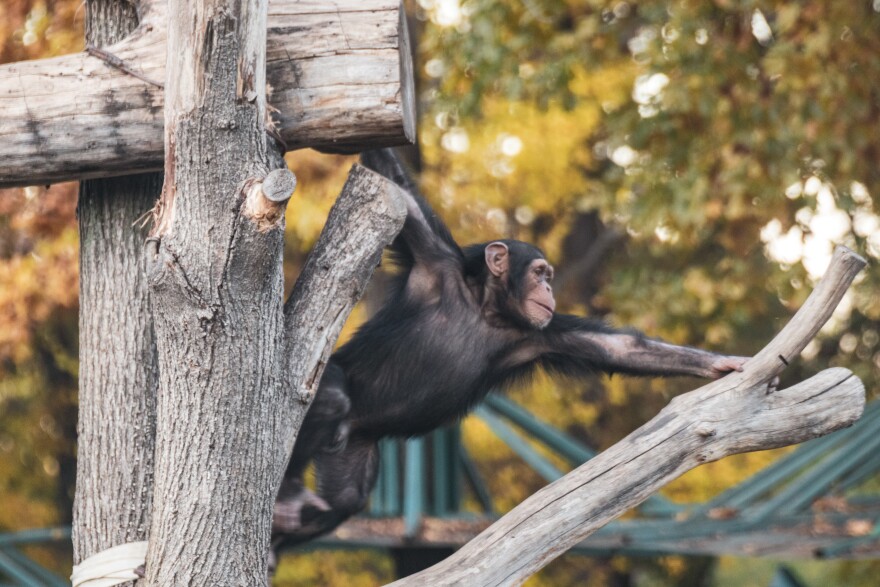An animal rights group plans to take its case to the Michigan Supreme Court after lower courts denied requests to order an unlawful imprisonment hearing for six chimpanzees at an Upper Peninsula zoo. The Michigan Court of Appeals ruled last week that the chimpanzees do not have a legal status similar to humans.
The Nonhuman Rights Project said it still harbors hope it can get a first-of-its-kind decision that determines chimpanzees have habeas corpus rights.
“Chimpanzees are our closest living nonhuman relatives,” Nonhuman Rights Project attorney Jake Davis told Michigan Public Radio. “We share almost, depending on who you ask, 99% of our DNA with chimps. Imagine if you woke up every single morning and you were confined to a cage and you had evolved to need fresh air and sunlight and you weren’t even guaranteed access to that on a daily basis.”
The Nonhuman Rights Project wants the apes moved to a nature preserve that more closely matches their natural habitat.
A unanimous three-judge appeals court panel found the argument “unpersuasive” and held the chimpanzees do not have legal status similar to humans.
“They are not ‘persons’ possessing the ‘personal liberty’ interest that habeas vindicates. They are not analogous to slaves or women — both categories comprised human beings recognized as ‘persons’ in our legal tradition,” wrote Appeals Court Judge Matthew Ackerman in a unanimous opinion. “Rather, the chimpanzees are animals, and as the common law authorities all make clear, animals—including wild animals, such as these chimpanzees — are treated as property.”
Ackerman also wrote that only the Michigan Supreme Court could change the common law standard.
The six chimpanzees are at the privately owned DeYoung Family Zoo in Menominee County. The zoo did not respond to a message seeking comment.




